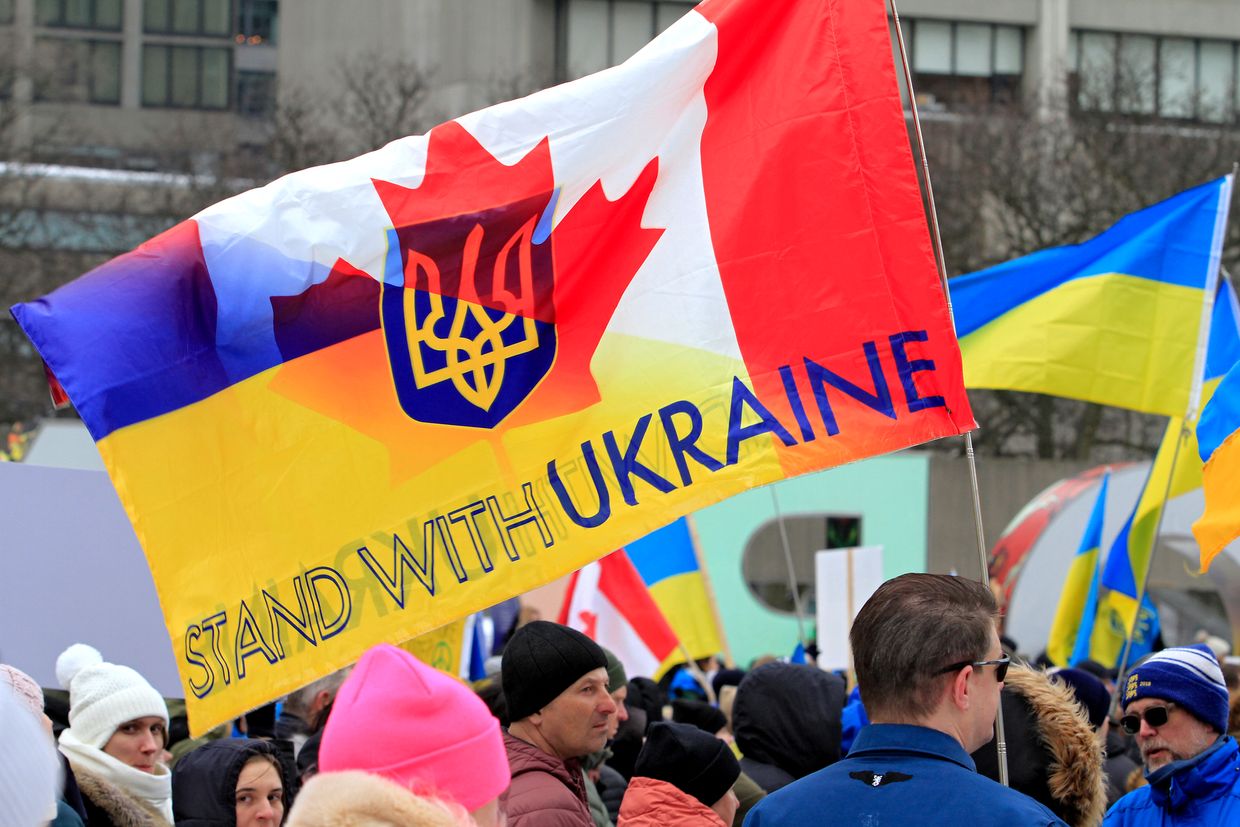
Ukraine gets $1.7 billion loan from Canada backed by Russian assets
Since the beginning of the year, Ukraine has received about $17.6 billion from Russia's frozen assets.

Since the beginning of the year, Ukraine has received about $17.6 billion from Russia's frozen assets.

The move represents the U.K.'s first direct use of Russia-linked funds to buy weaponry for Kyiv.
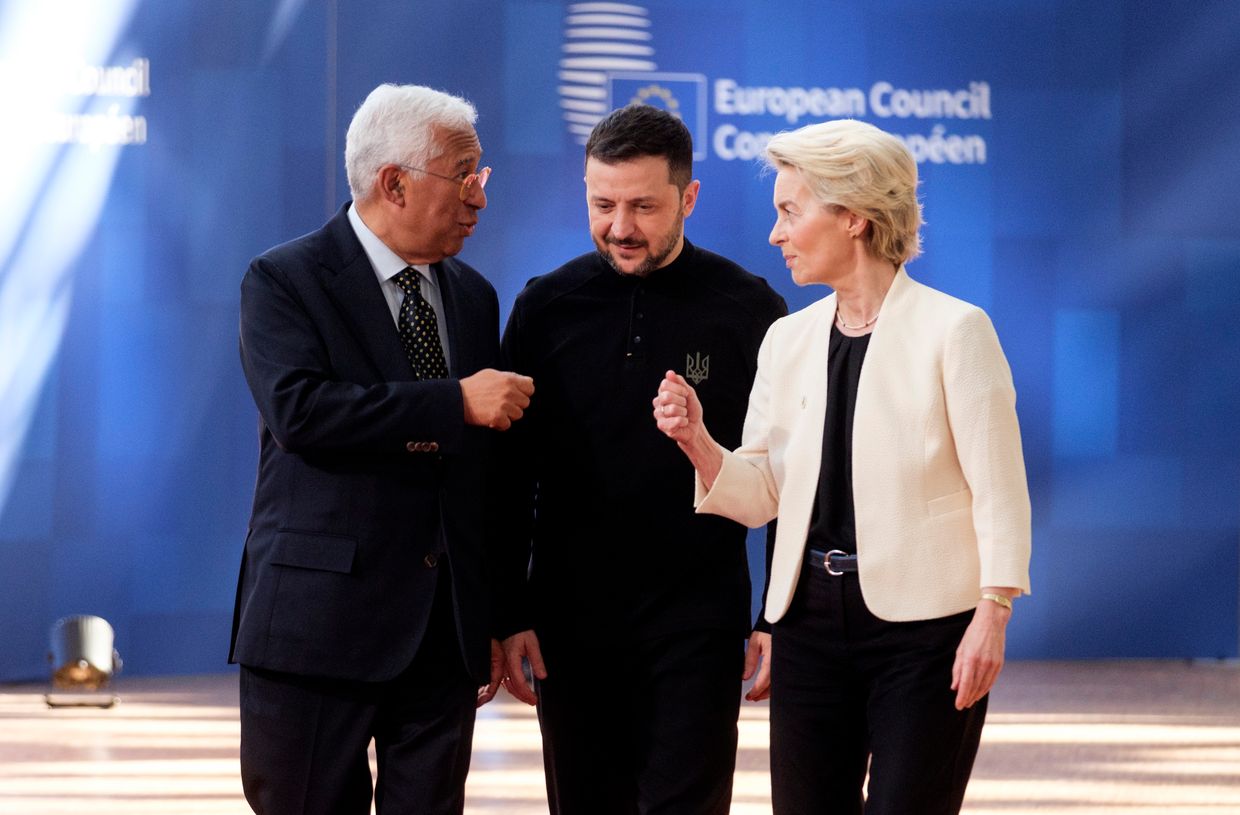
According to Politico, the proposed plan would redirect the frozen Russian assets into a special investment fund under EU control, allowing for higher returns without confiscating the principal.
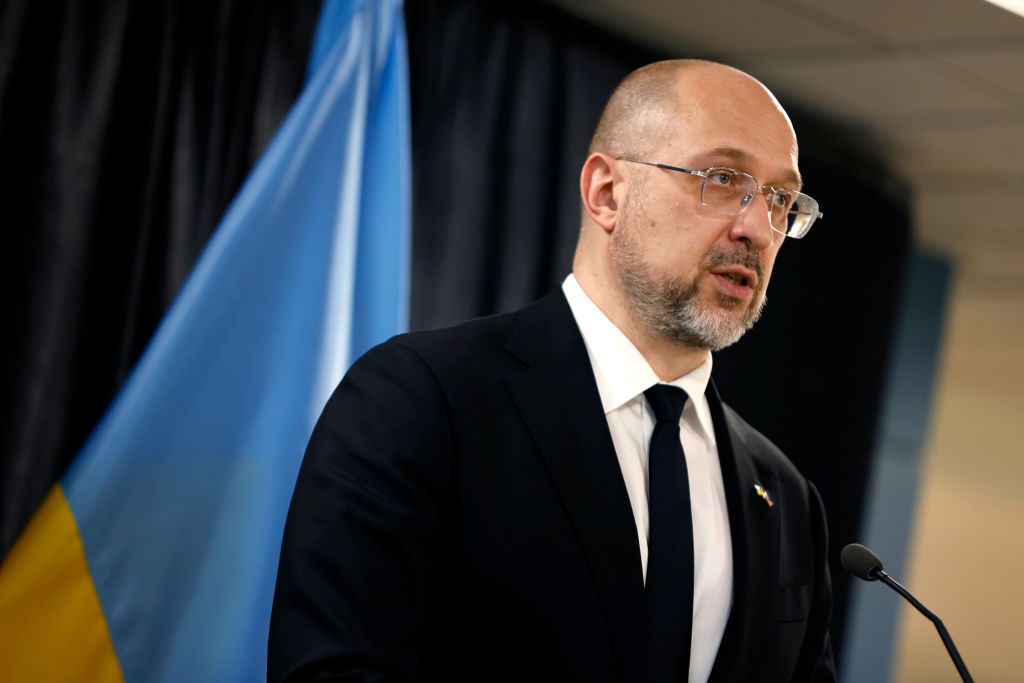
Ukraine has received another 1 billion euros ($1.1 billion) in macro-financial assistance from the European Union as part of a G7 loan, Prime Minister Denys Shmyhal announced on June 13.
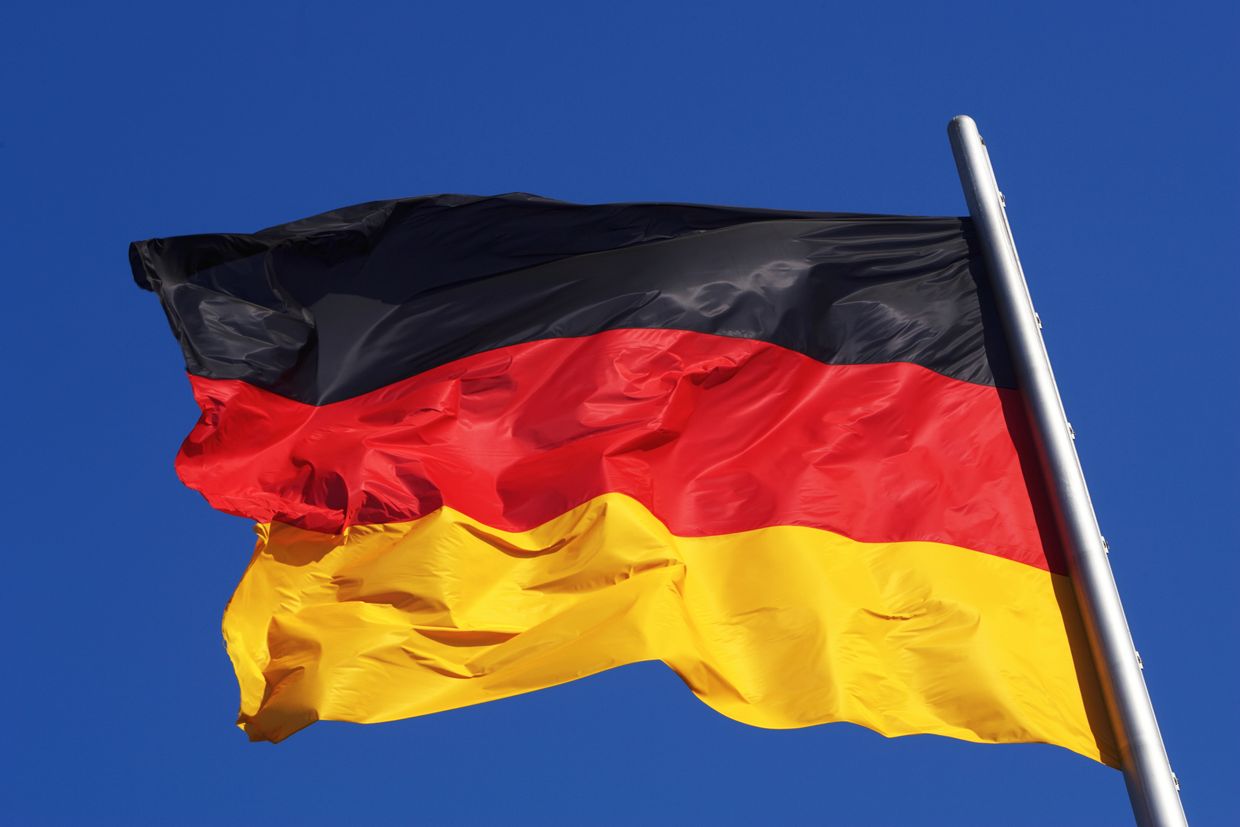
Top German official Thorsten Frei said in an interview with German media on May 31 that the EU should reconsider using frozen Russian assets to support Ukraine, urging a tougher stance against the Kremlin.
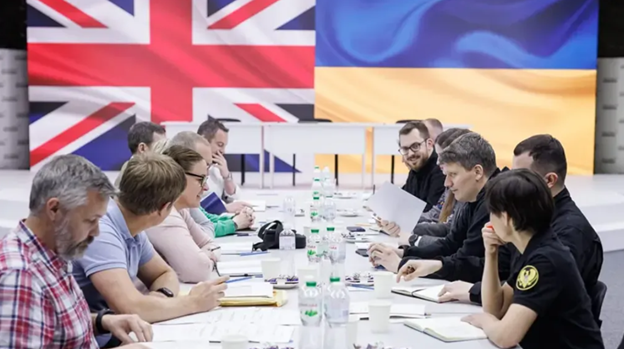
The funds will be used to purchase foreign-made defense products, repair and maintain military equipment, implement joint projects with Ukrainian and international defense companies, and purchase other critical materials, including Ukrainian-made products.
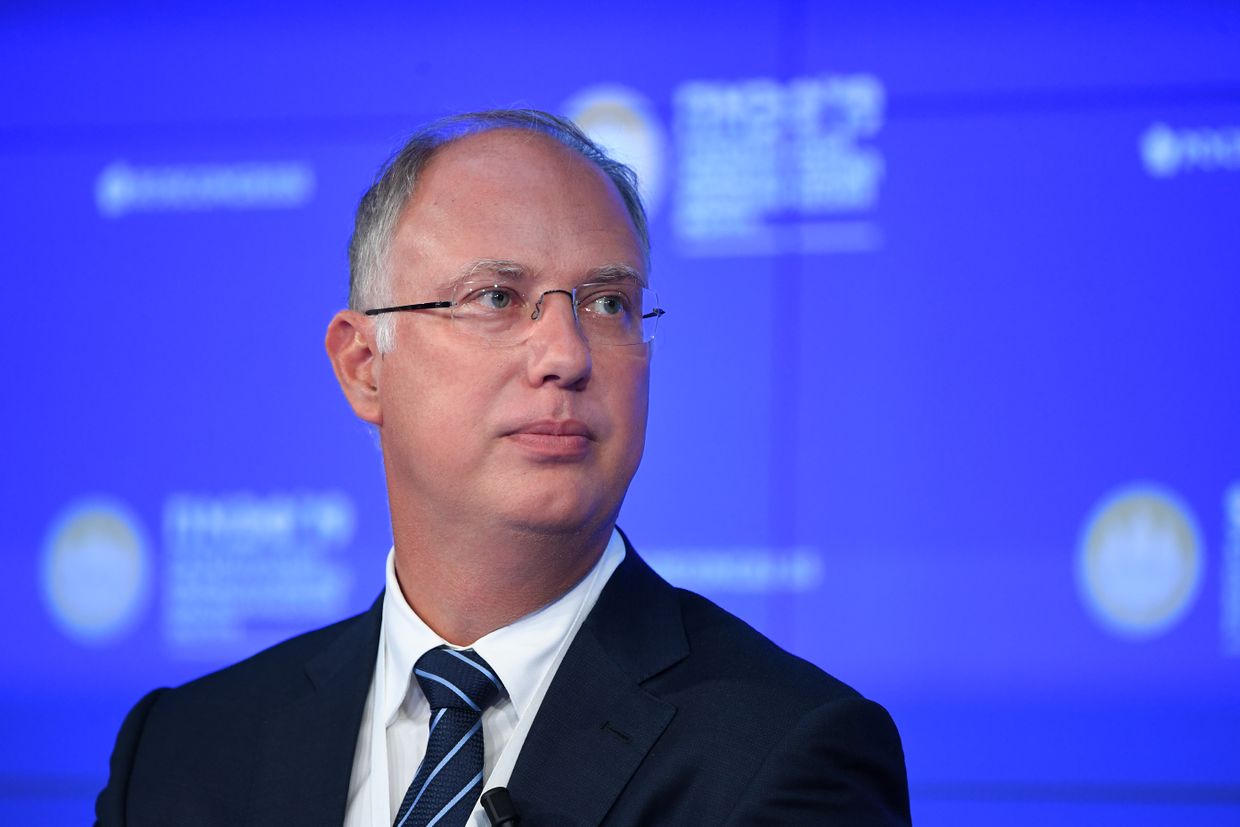
"Dmitriev is trying to show the U.S. that let's not focus on war and peace, let's look at the bigger picture," Ukrainian Foreign Intelligence Service Chief Oleh Ivashchenko said.
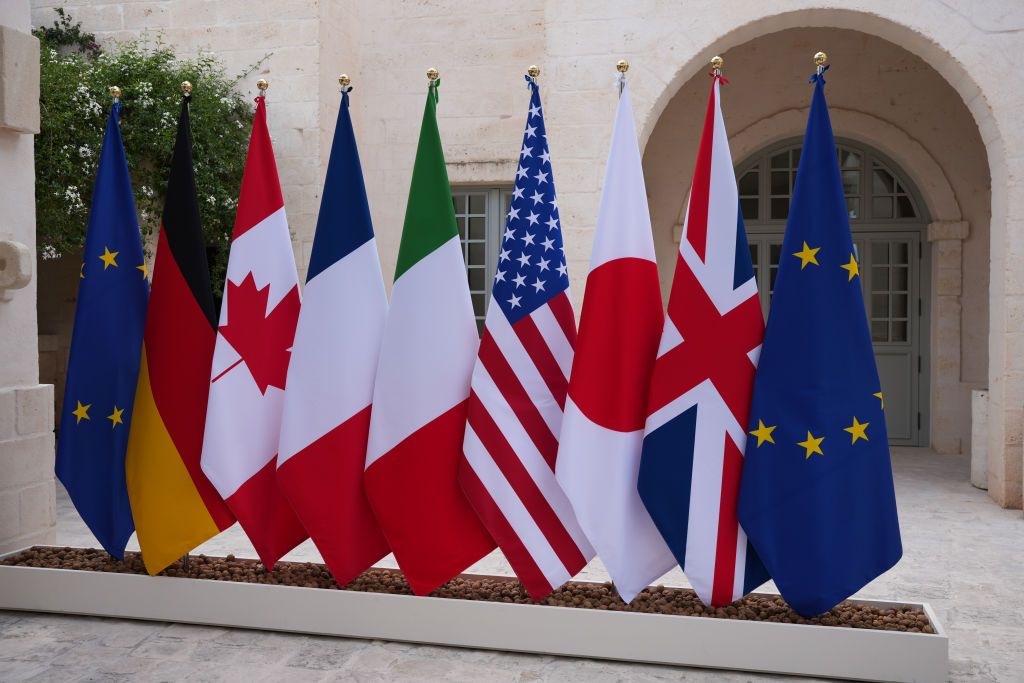
The G7 issued a joint statement on May 22, pledging to keep Russian assets frozen until the end of the war and to support Ukraine's recovery. "We reaffirm that... Russia’s sovereign assets... will remain immobilized until Russia ends its aggression and pays for the damage it has caused to Ukraine," the statement read.
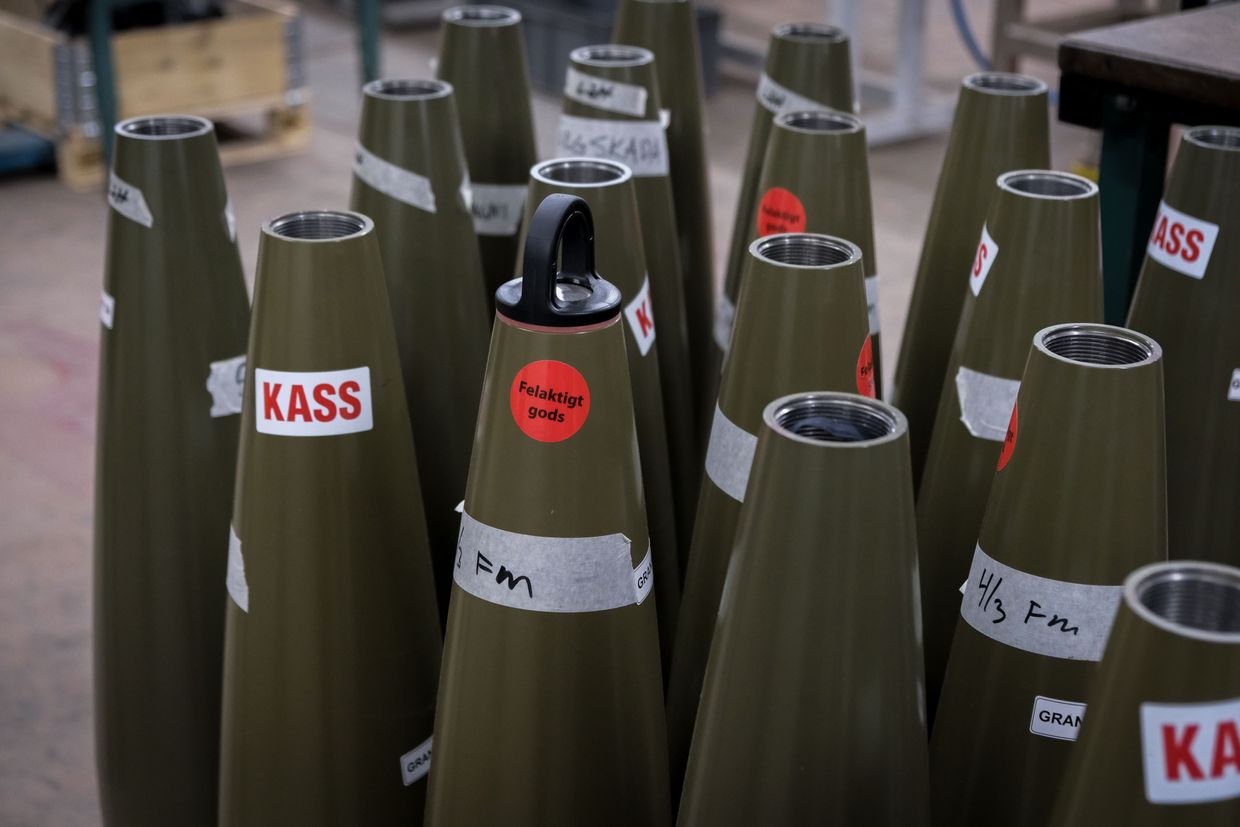
Under the agreement, Finland will provide 90 million euros (approximately $100 million) worth of heavy ammunition procured from domestic suppliers.
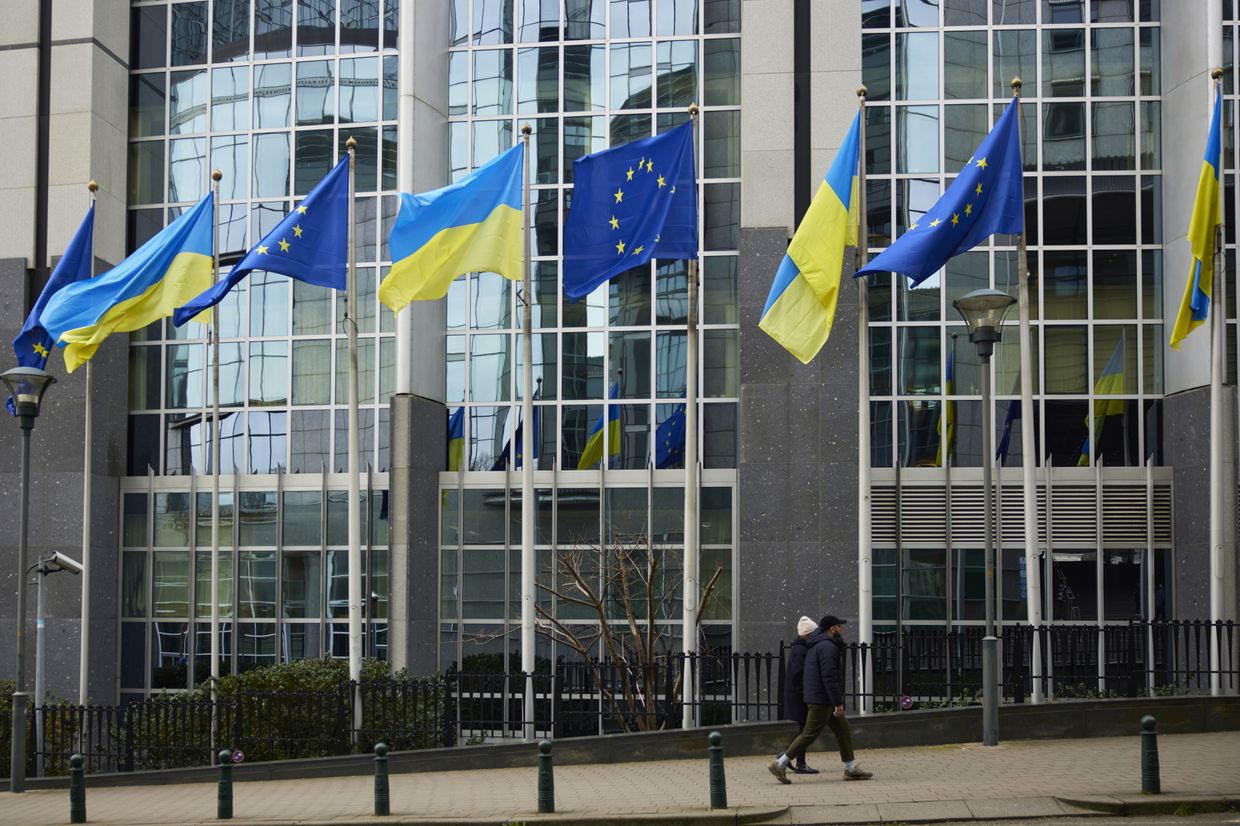
The new tranche brings total recent EU defense support for Ukraine to 3.3 billion euros ($3.6 billion), marking a significant expansion of European efforts to boost Kyiv's defense industry.
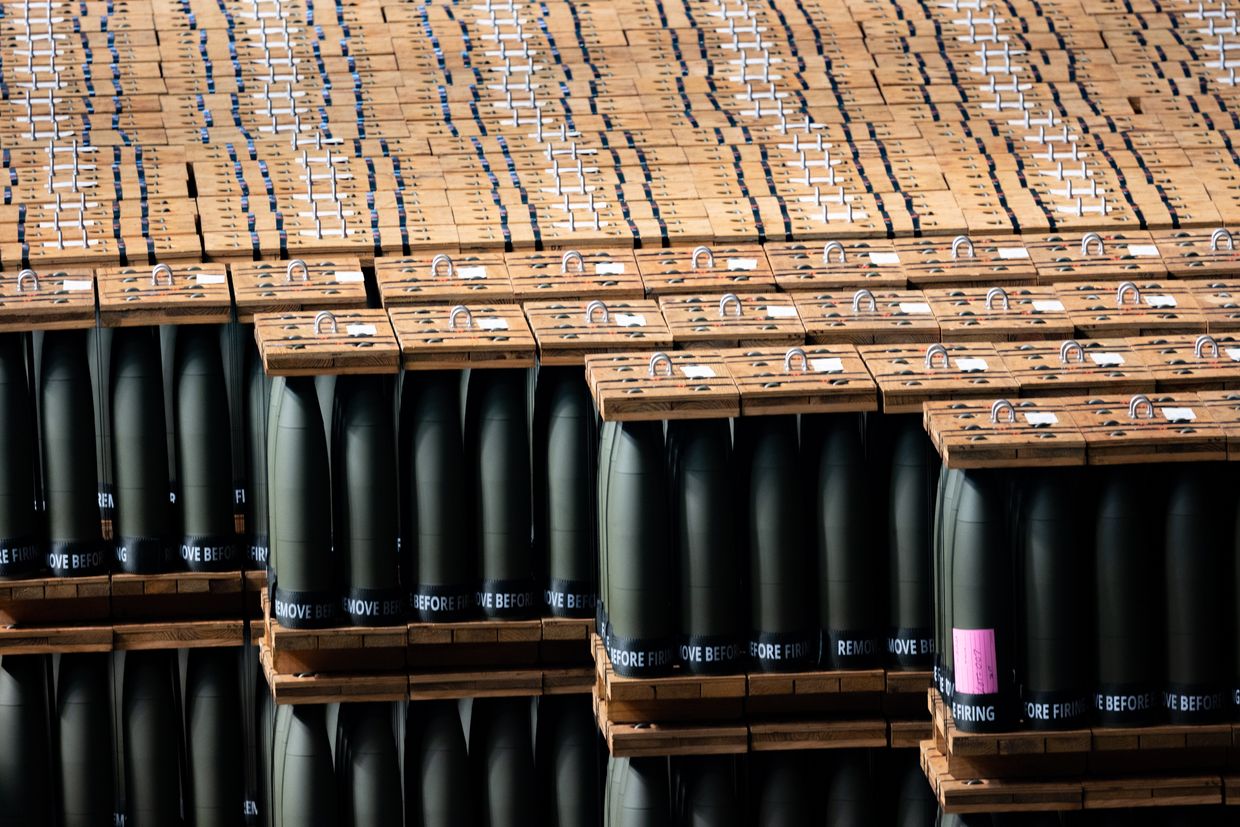
"This is a historic decision, as weapons for Ukraine will be purchased at the expense of the proceeds from frozen Russian assets through the European Peace Fund," Denys Shmyhal said.
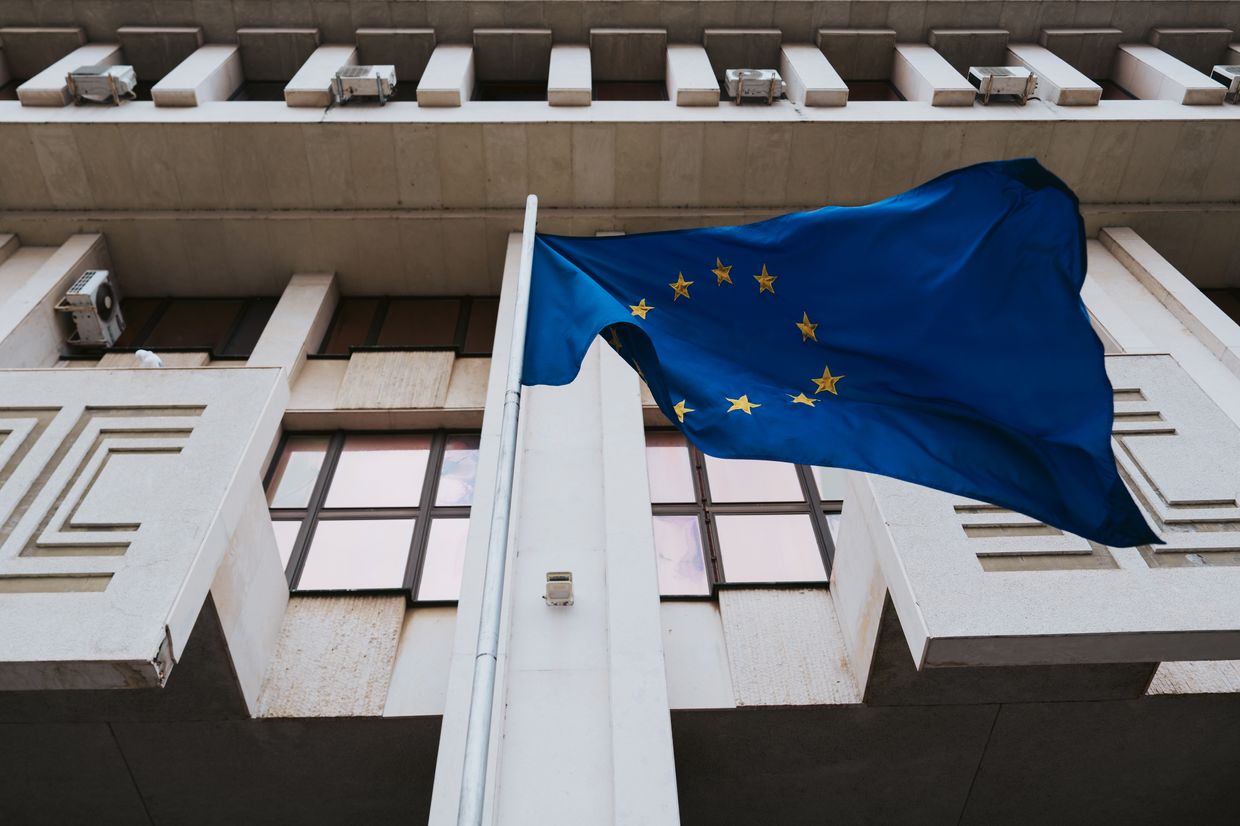
This is the fourth such tranche from the bloc, which is secured by proceeds from frozen Russian assets.
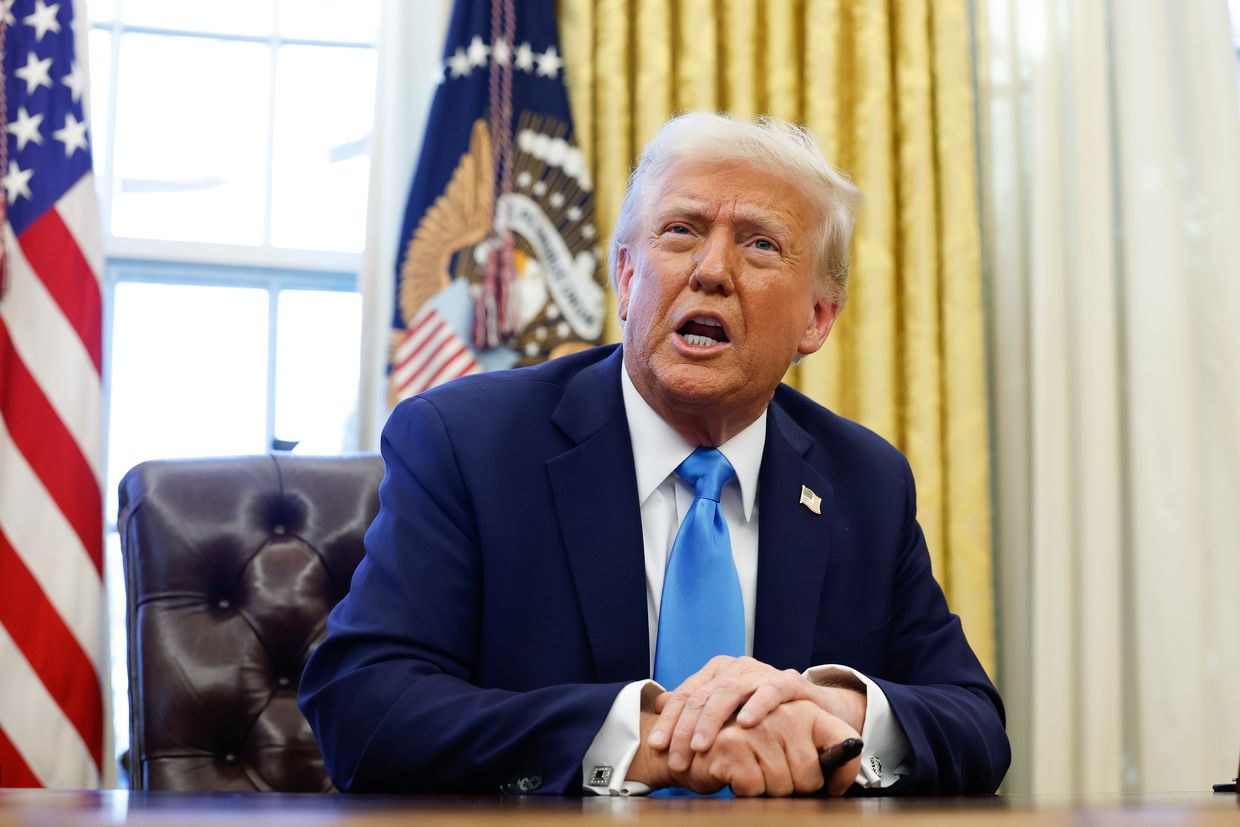
When pressed about whether he would invite Russia back to the group, President Donald Trump responded that "it's not good timing now," contradicting previous statements on the matter.
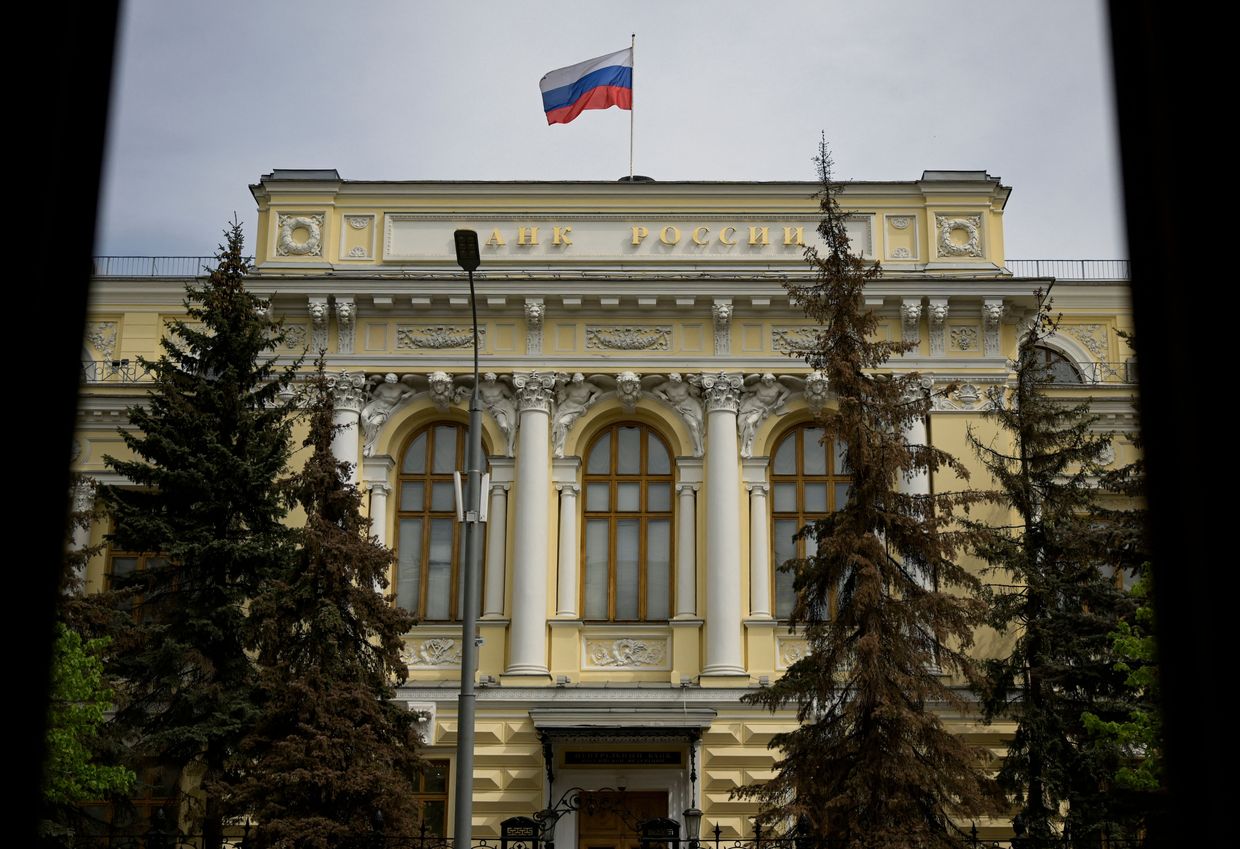
The payout, drawn from a pool of 10 billion euros ($11.3 billion) in cash frozen under EU sanctions since Russia's full-scale invasion of Ukraine, comes in response to Russia's confiscation of billions in Western-held assets over the past year.
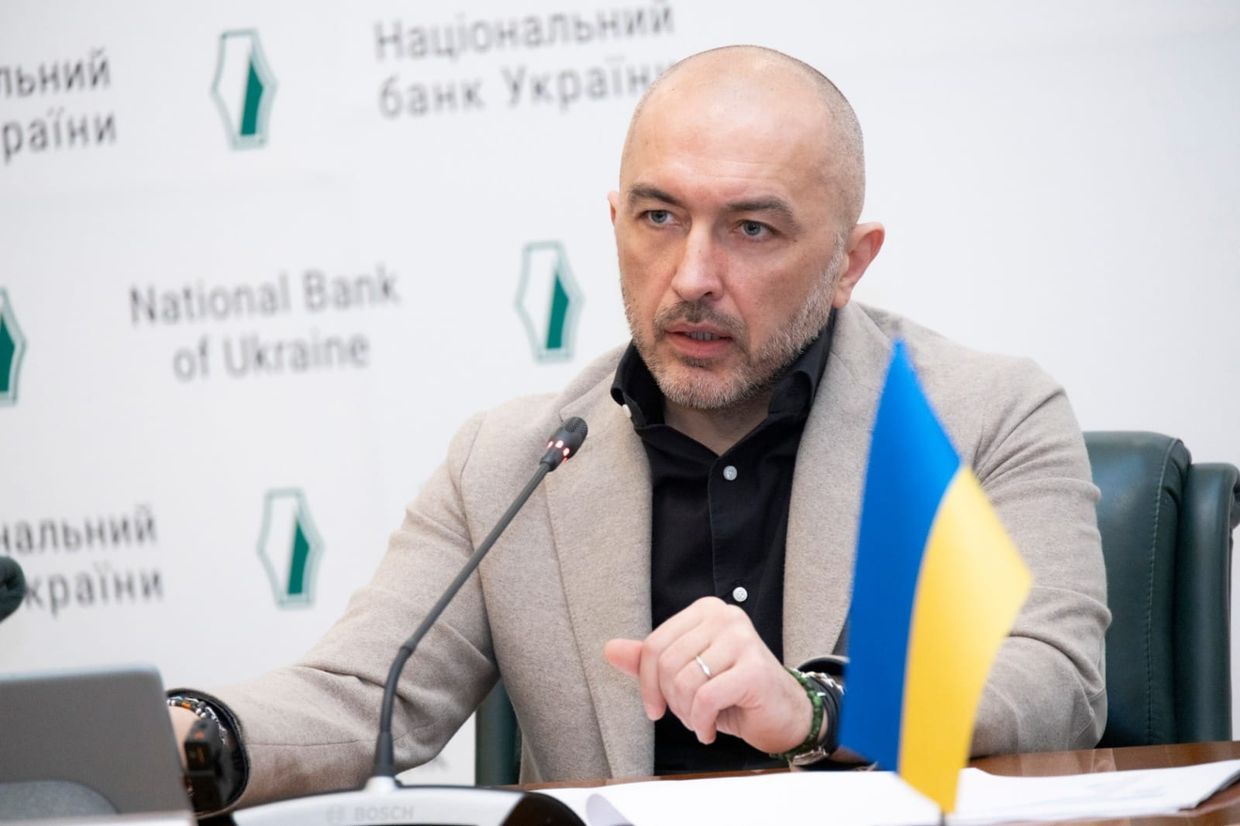
The Ukrainian delegation raised the issue with the U.S. Treasury officials during negotiations on April 23, according to Reuters. Ukraine intends to continue lobbying for the initiative at an upcoming meeting with the International Monetary Fund, Pyshnyy said.
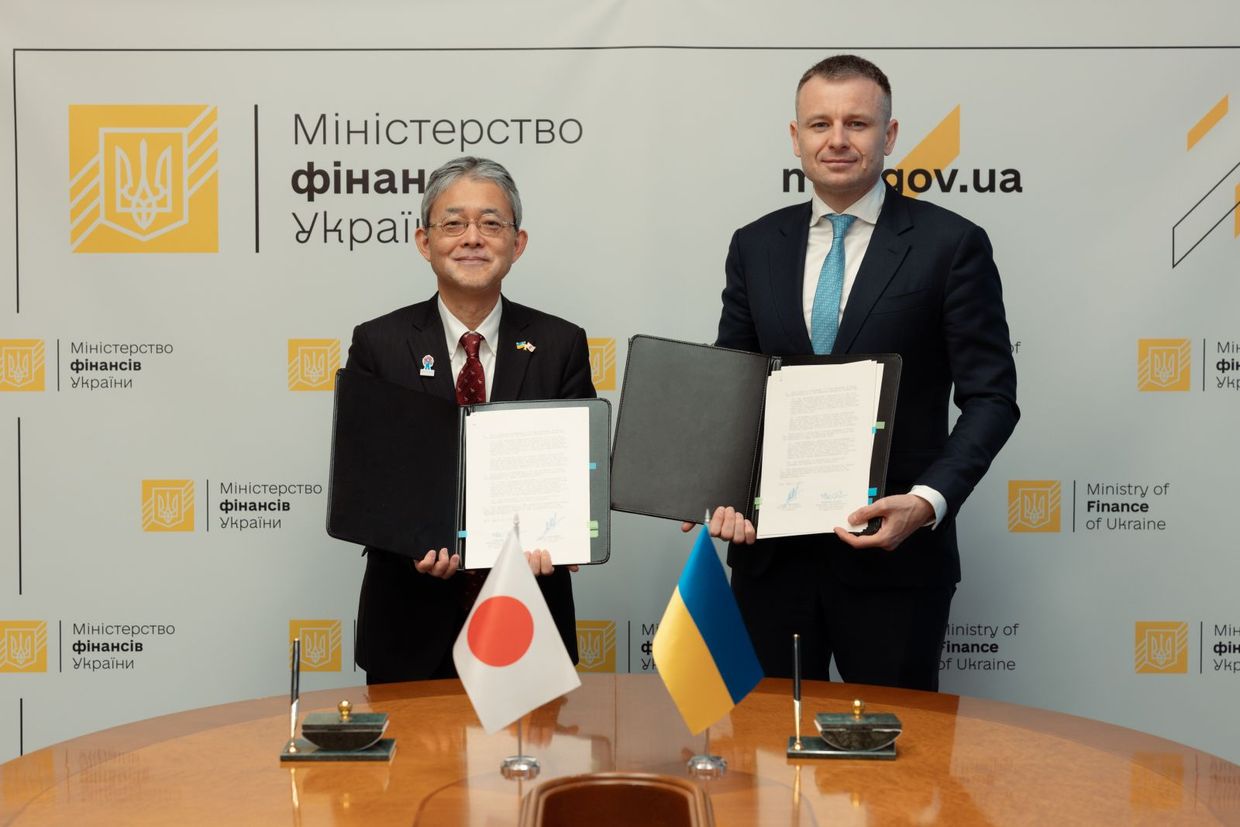
Japan's funds will be disbursed over 30 years and directed toward budgetary needs and to support reconstruction and development.
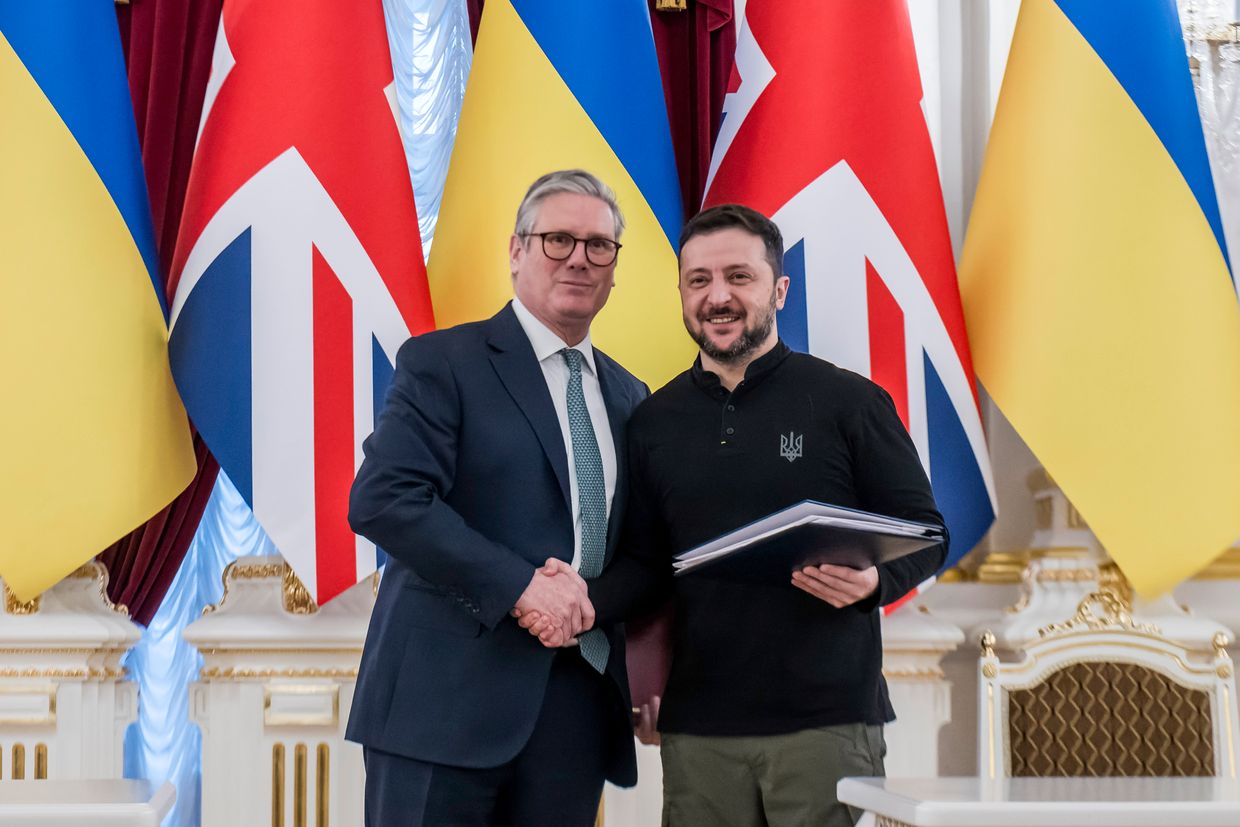
The U.K. transferred 752 million pounds ($990 million) to Ukraine under a G7 loan covered by Russian assets to buy air defense and artillery, the British government announced.
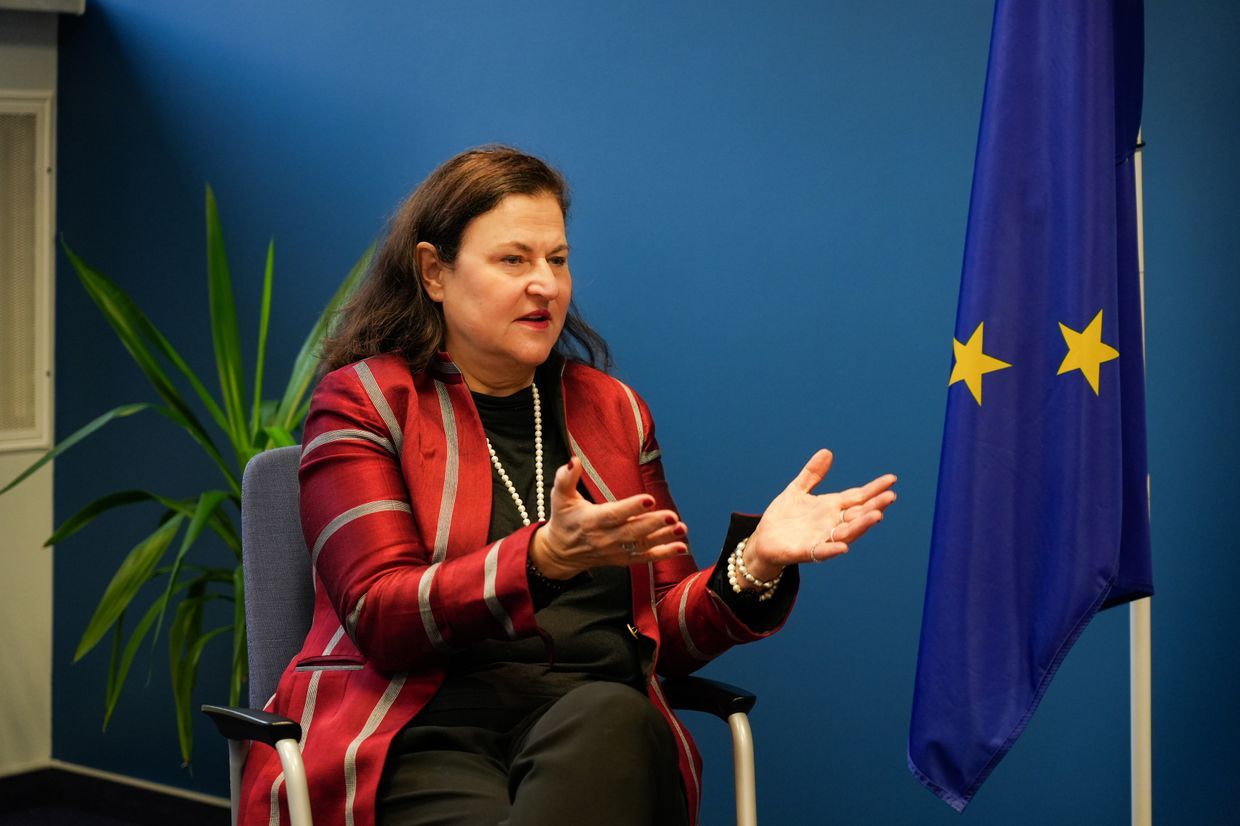
About $1.1 billion will directly support Ukraine's defense industry following the "Danish model," the EU's ambassador to Ukraine announced.
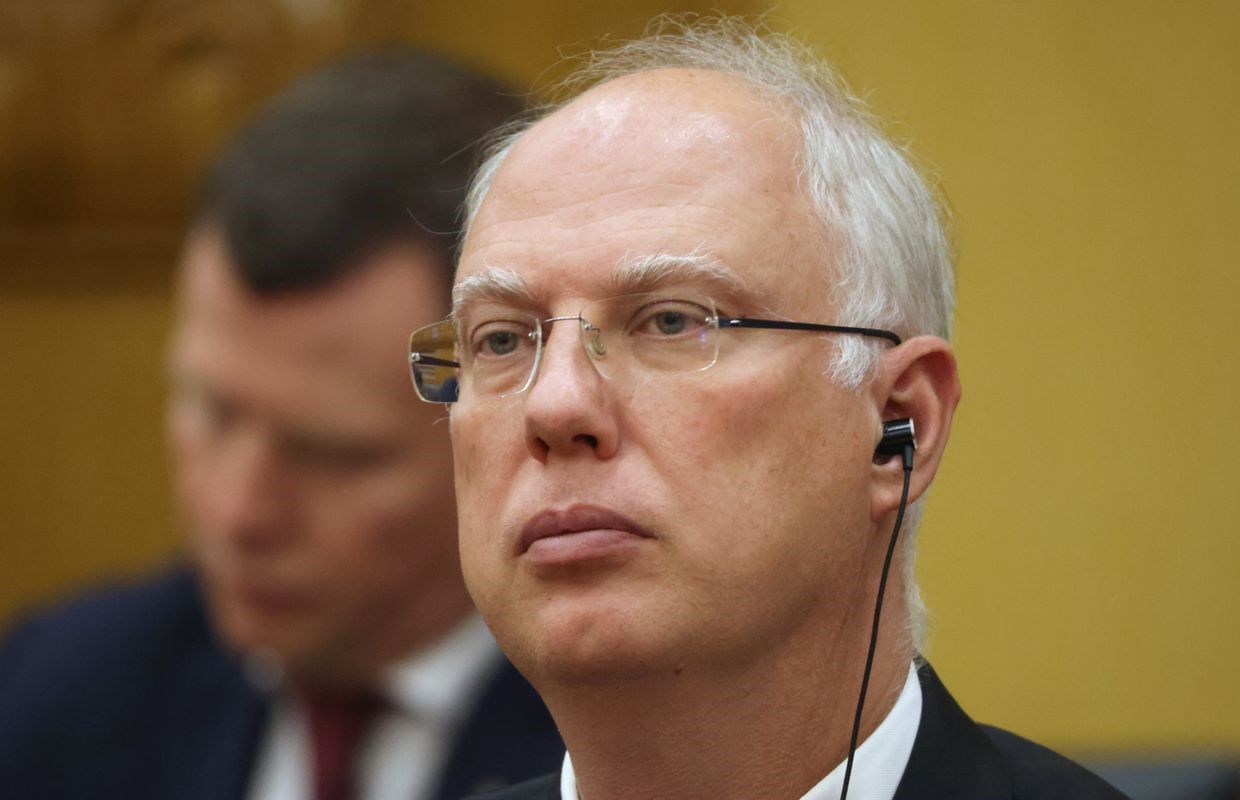
"The scheme looks like it all leads to the unblocking of economic relations. They (Russia) want, for example, the lifting of sanctions against specific people who will be behind this or that direction, for example, Russian minerals, which they will offer them (the U.S.)," President Volodymyr Zelensky said.
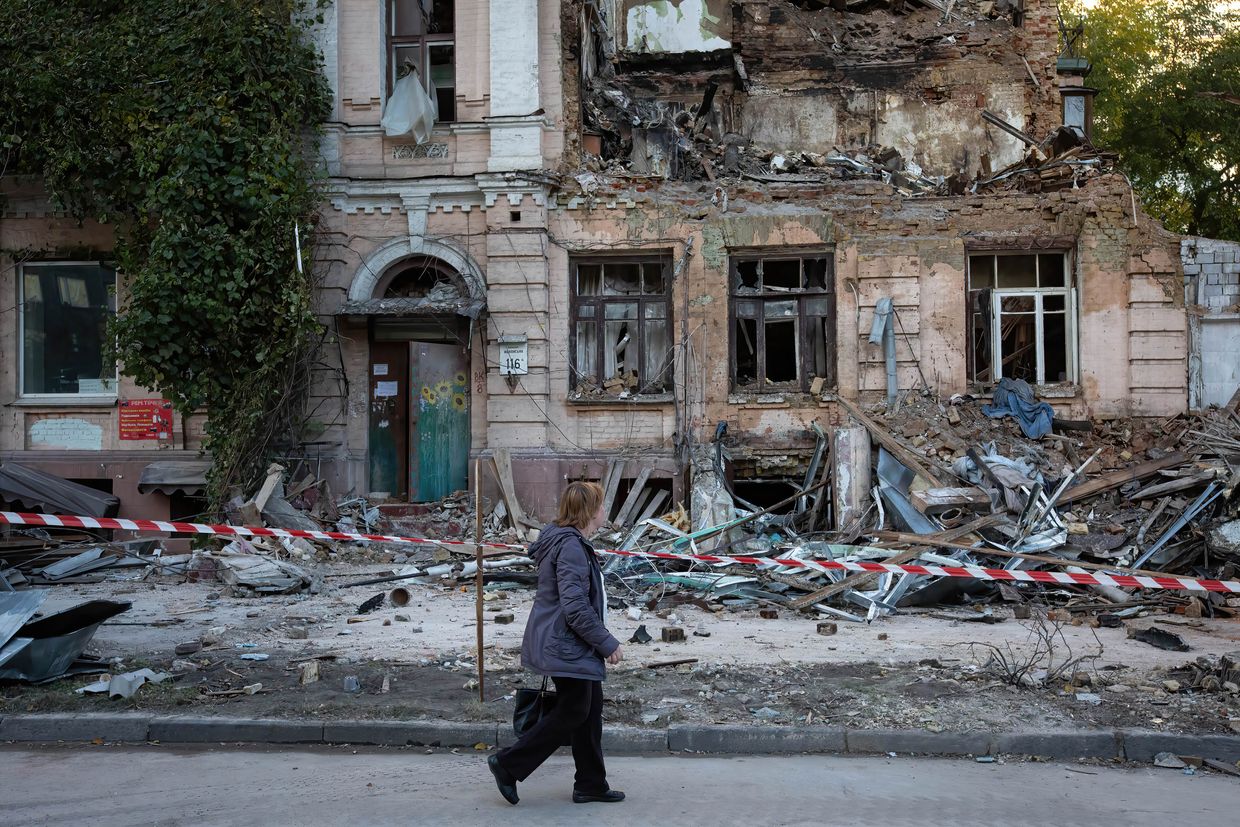
In a letter to Secretary of State Marco Rubio seen by Reuters on March 24, senators questioned the administration’s willingness to use all available financial tools to pressure Russia into ending its war against Ukraine.
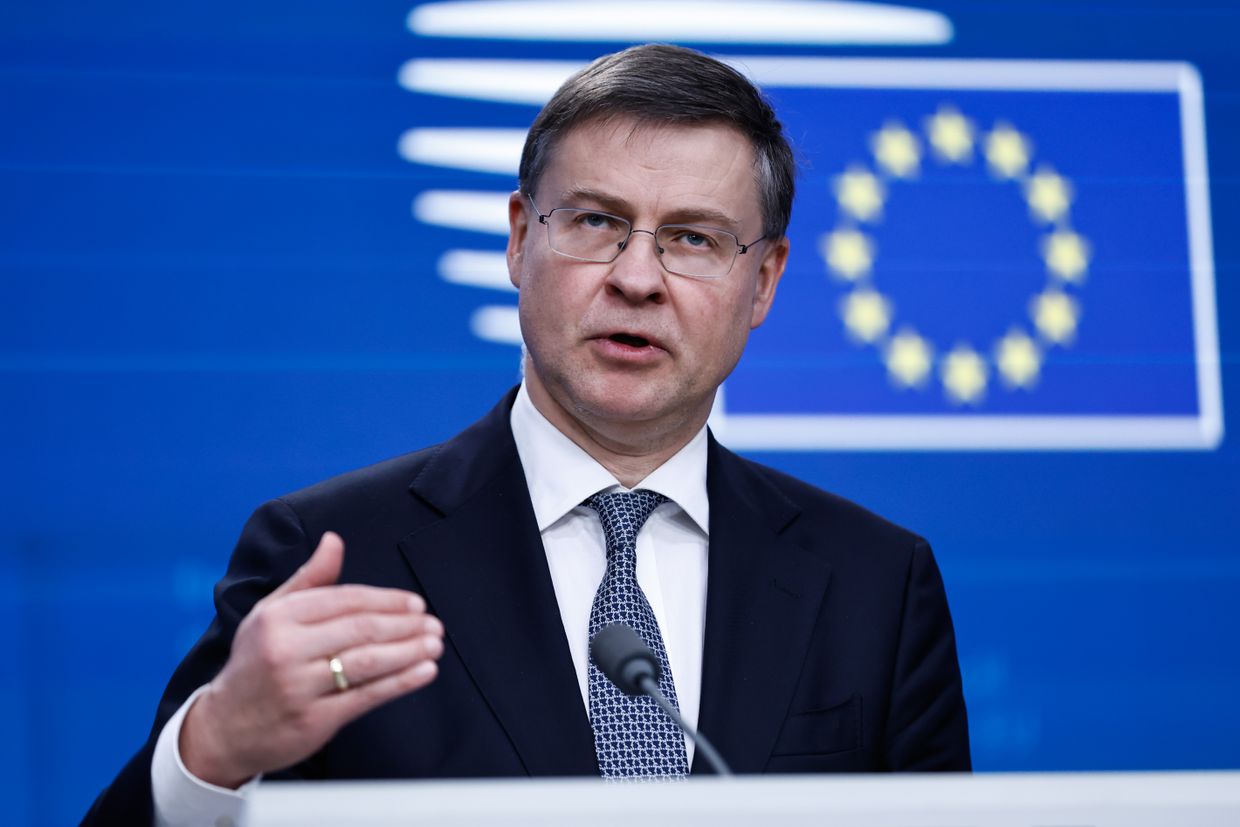
"G7 decision that those assets are not going back to Russia unless Russia pays for its damages is something which is already decided. And it's important to stick with this decision," EU Economy and Trade Commissioner Valdis Dombrovskis said.
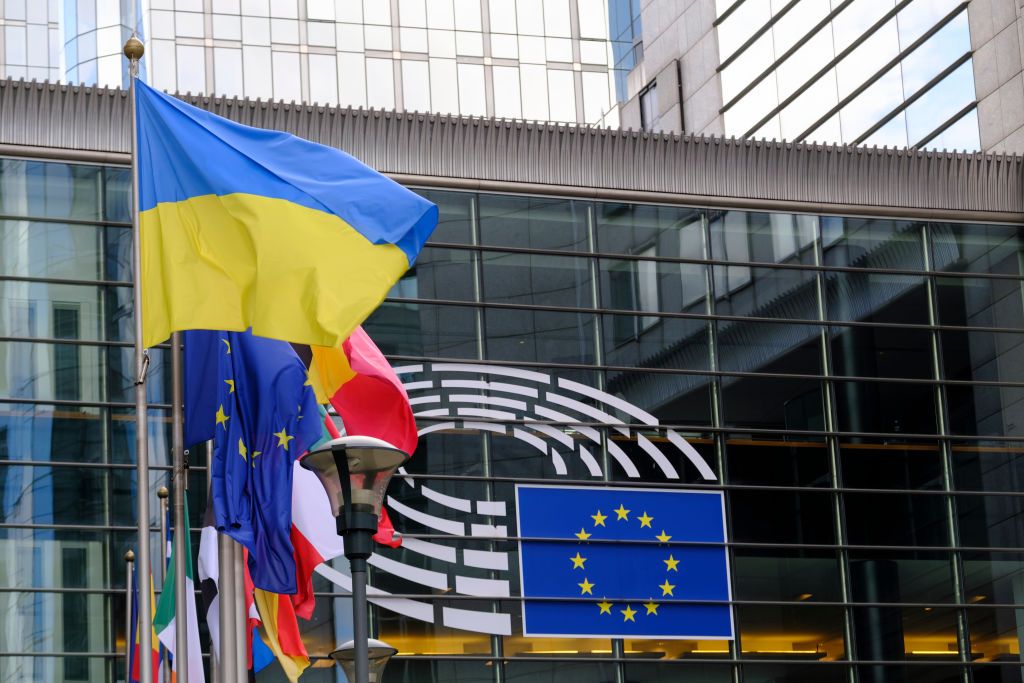
Negotiations will focus on establishing the legal and financial framework to seize Russian assets, despite opposition from some EU member states, particularly Belgium and Germany.

Ukraine has received the first tranche of 2.5 billion Canadian dollars (about $1.7 billion) from Ottawa under the G7's Extraordinary Revenue Acceleration (ERA) initiative.
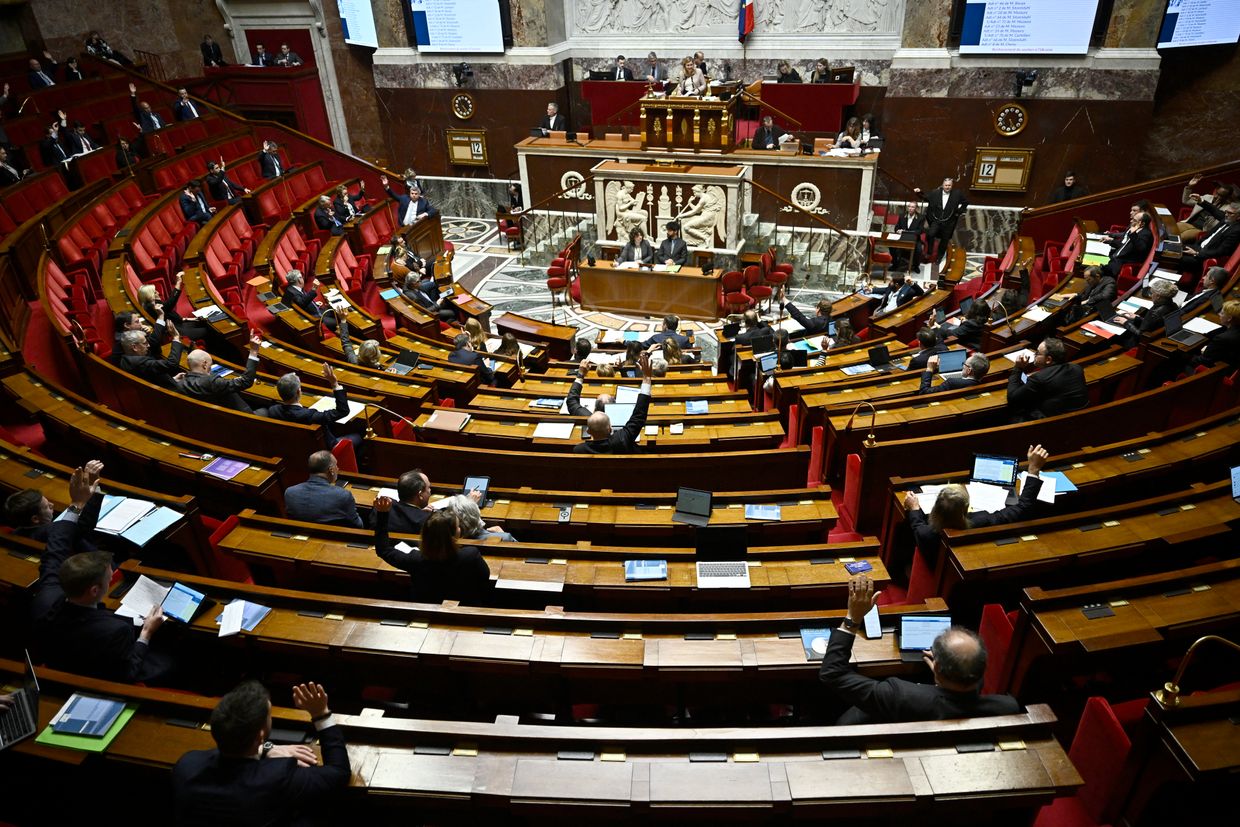
The resolution, which carries symbolic significance, urges the European Union, NATO, and allied nations to boost political, economic, and military aid for Ukraine.
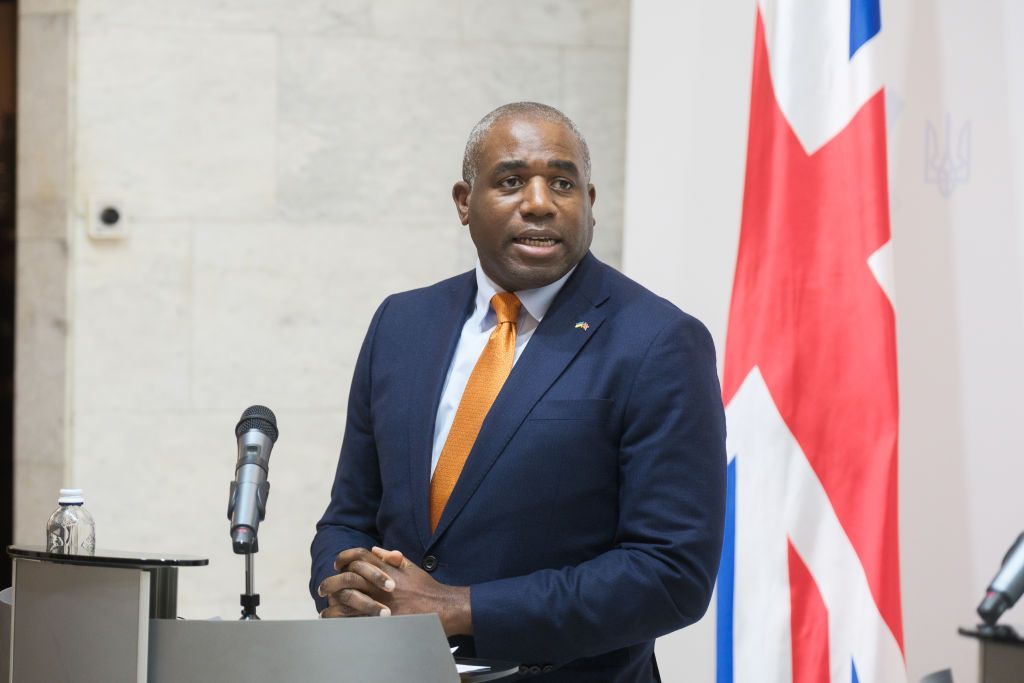
"I’m frustrated that it hasn’t happened, is the truth — and that money needs to be distributed, it needs to be used," U.K. Foreign Minister David Lammy said on March 9.
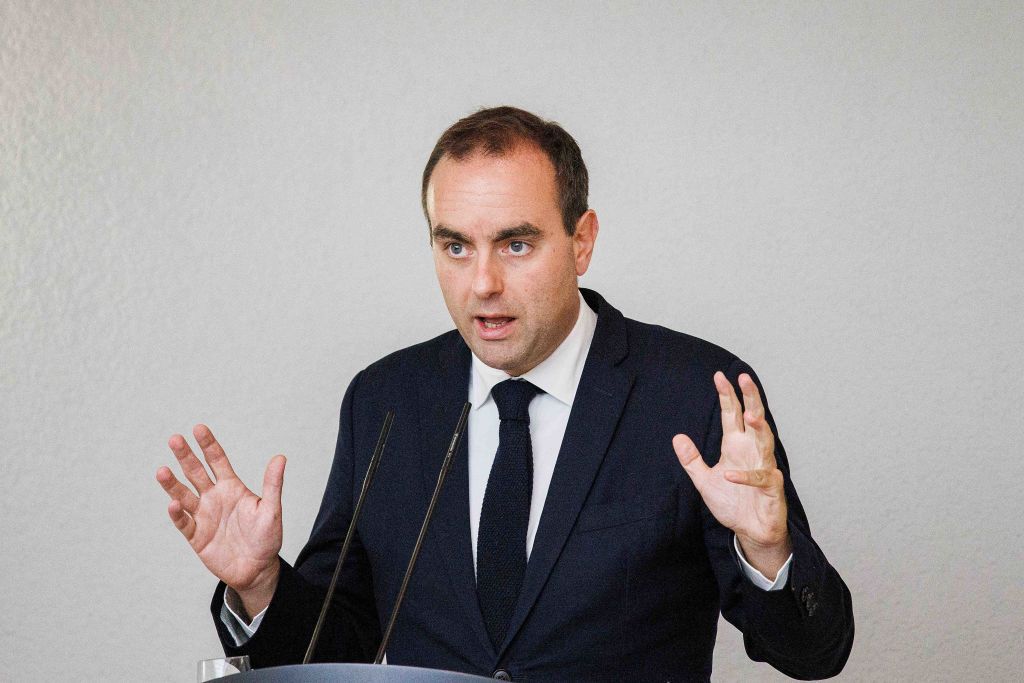
France will provide Ukraine with 195 million euros ($211 million) in military aid using the interest accrued from frozen Russian assets, French Defense Minister Sebastien Lecornu told La Tribune in an interview published March 8.
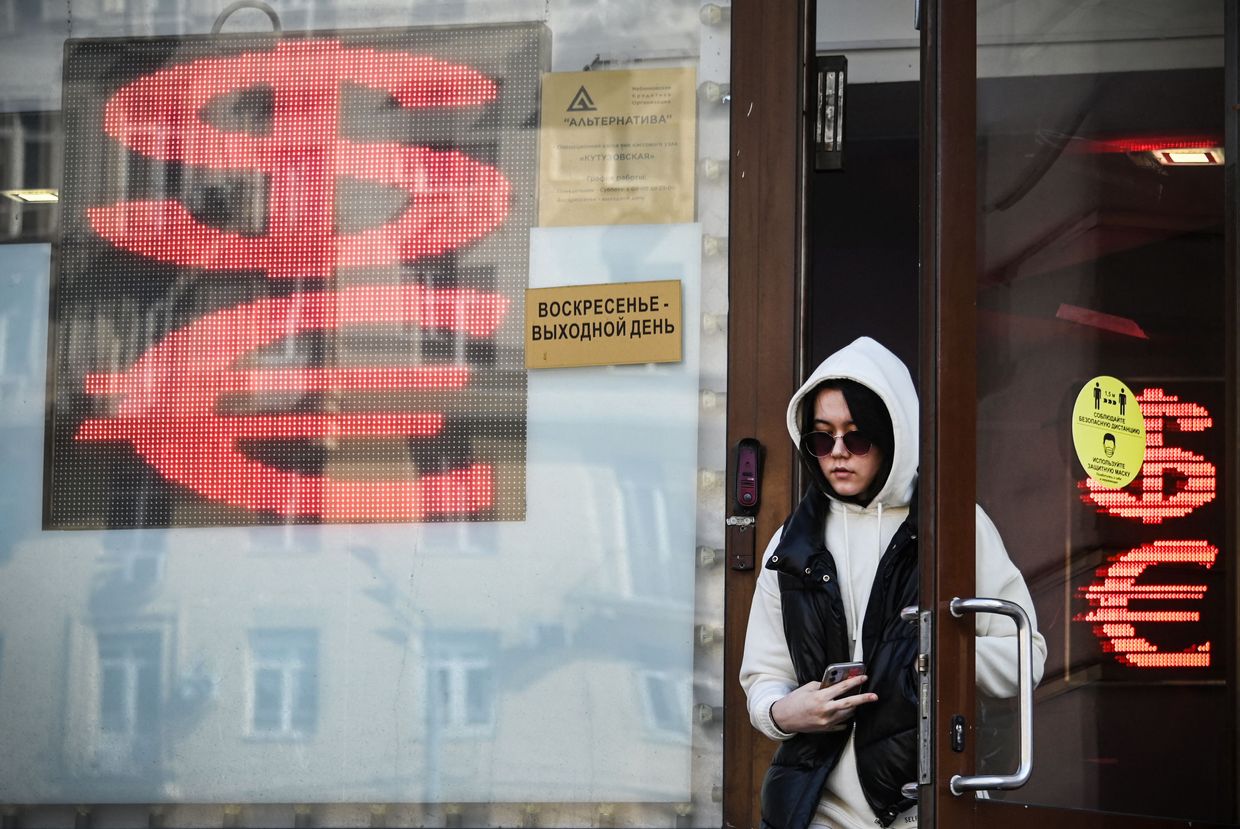
While Berlin and Paris had previously resisted full asset confiscation, they are now engaging in talks with European and G7 partners about potential mechanisms to use the funds.
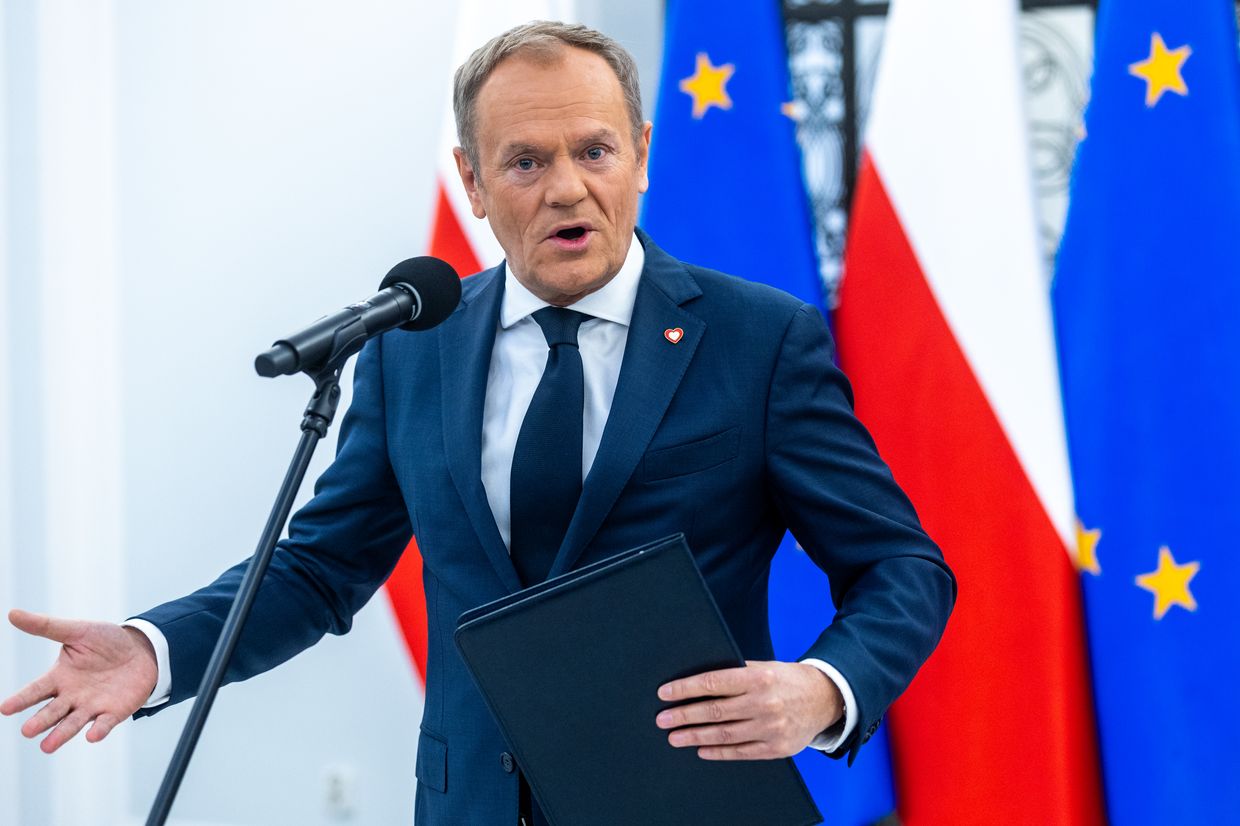
"There are fears of negative consequences for the euro and the banking system," Polish Prime Minister Donald Tusk said on March 2.
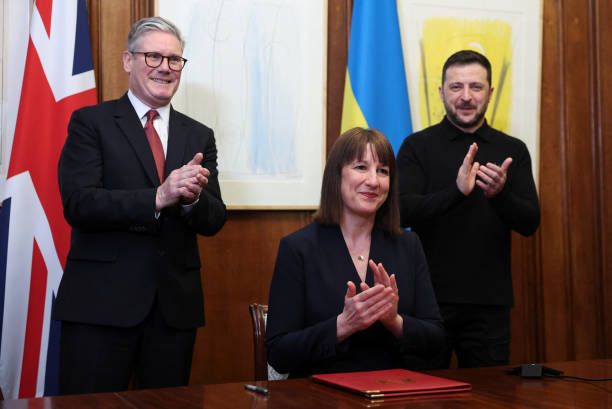
The loan, which is part of the Group of Seven's (G7) Extraordinary Revenue Acceleration (ERA) credit initiative, was signed amid President Volodymyr Zelensky's visit to London to meet with U.K. Prime Minister Keir Starmer.
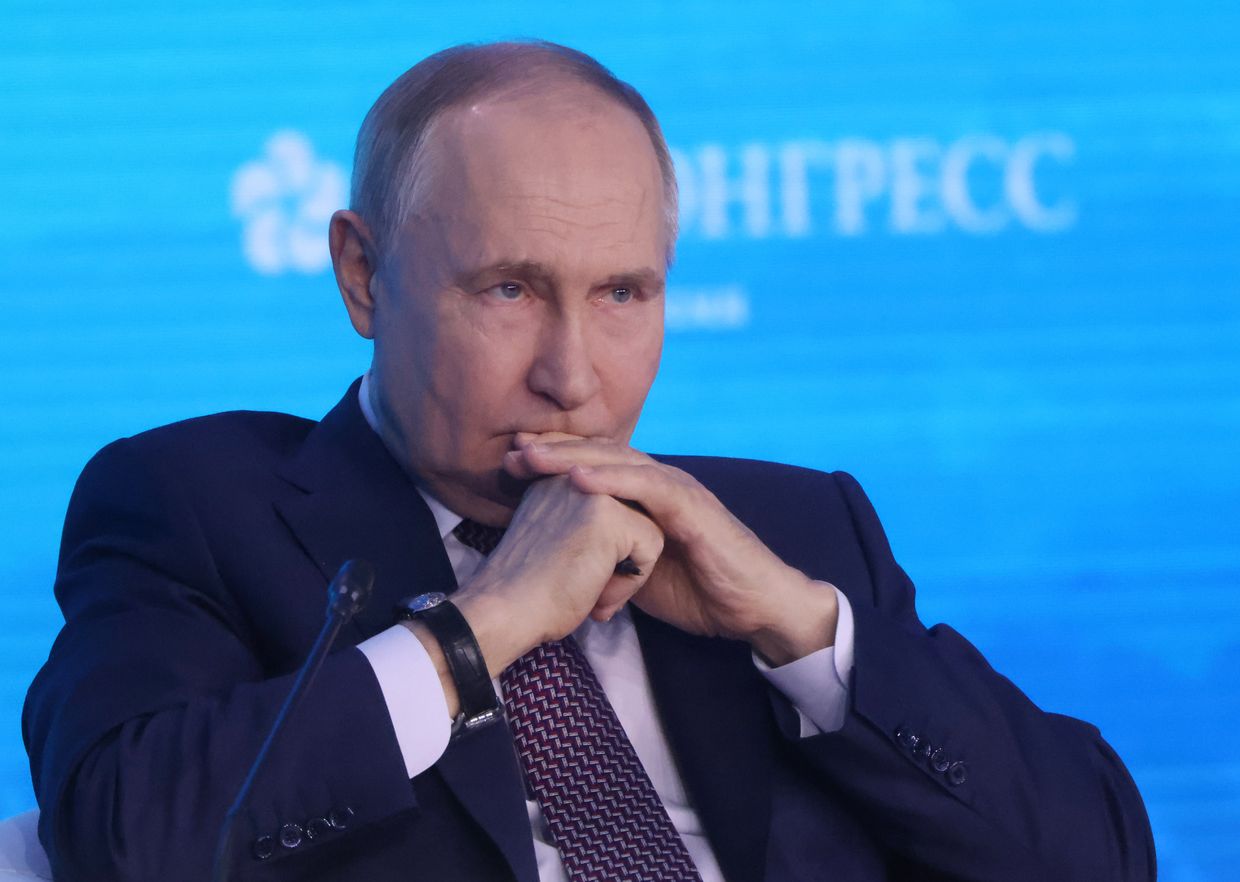
Europe has been left scrambling to find ways to boost defense spending and continue the flow of support to Ukraine after U.S. President Donald Trump made clear the continent won't be able to rely on Washington for its long-term security needs. The latest reports suggest that EU officials are
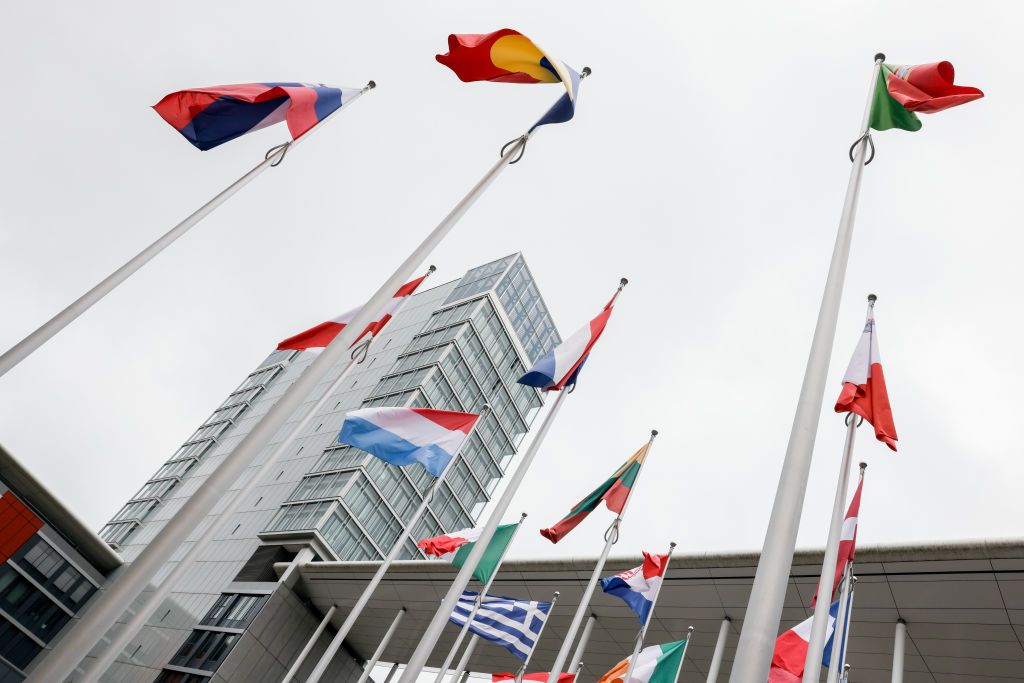
The European Union is discussing how to seize Russia’s frozen central bank assets to provide financial and military aid to Ukraine, as concerns grow that the United States may scale back its support.
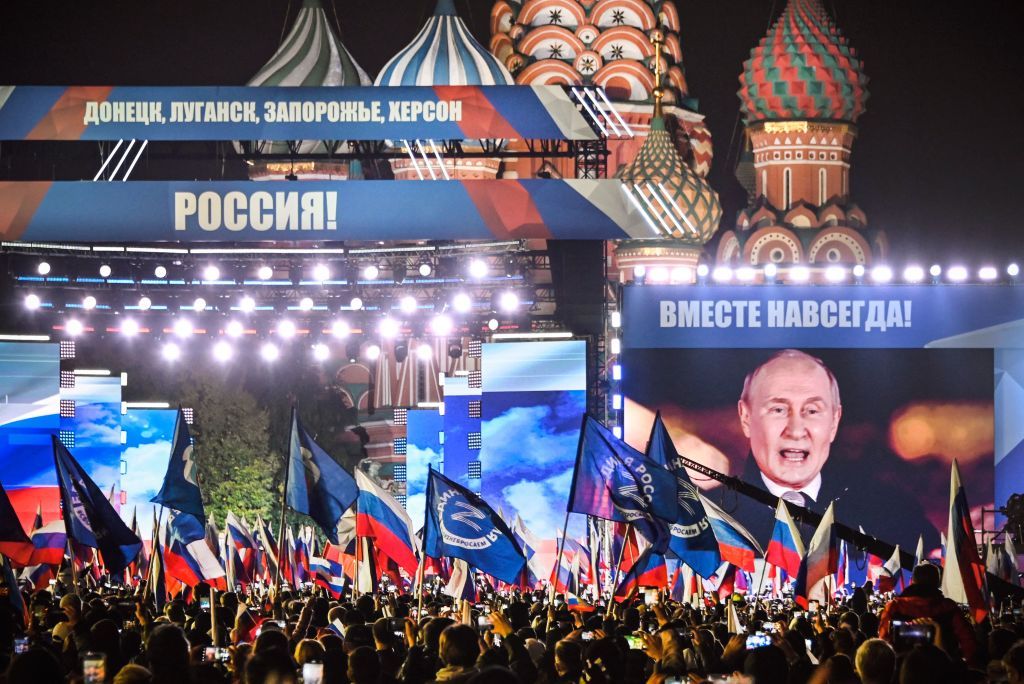
Key developments on Feb. 21: * Russia wants to declare 'victory' over Ukraine on Feb. 24, Ukrainian intel claims * Zelensky is not 'important' to negotiations on ending war, Trump says * 'No appetite' for new Ukraine aid bill, US House speaker says * Trump's envoy Kellogg praises Zelensky as 'courageous leader' after talks



